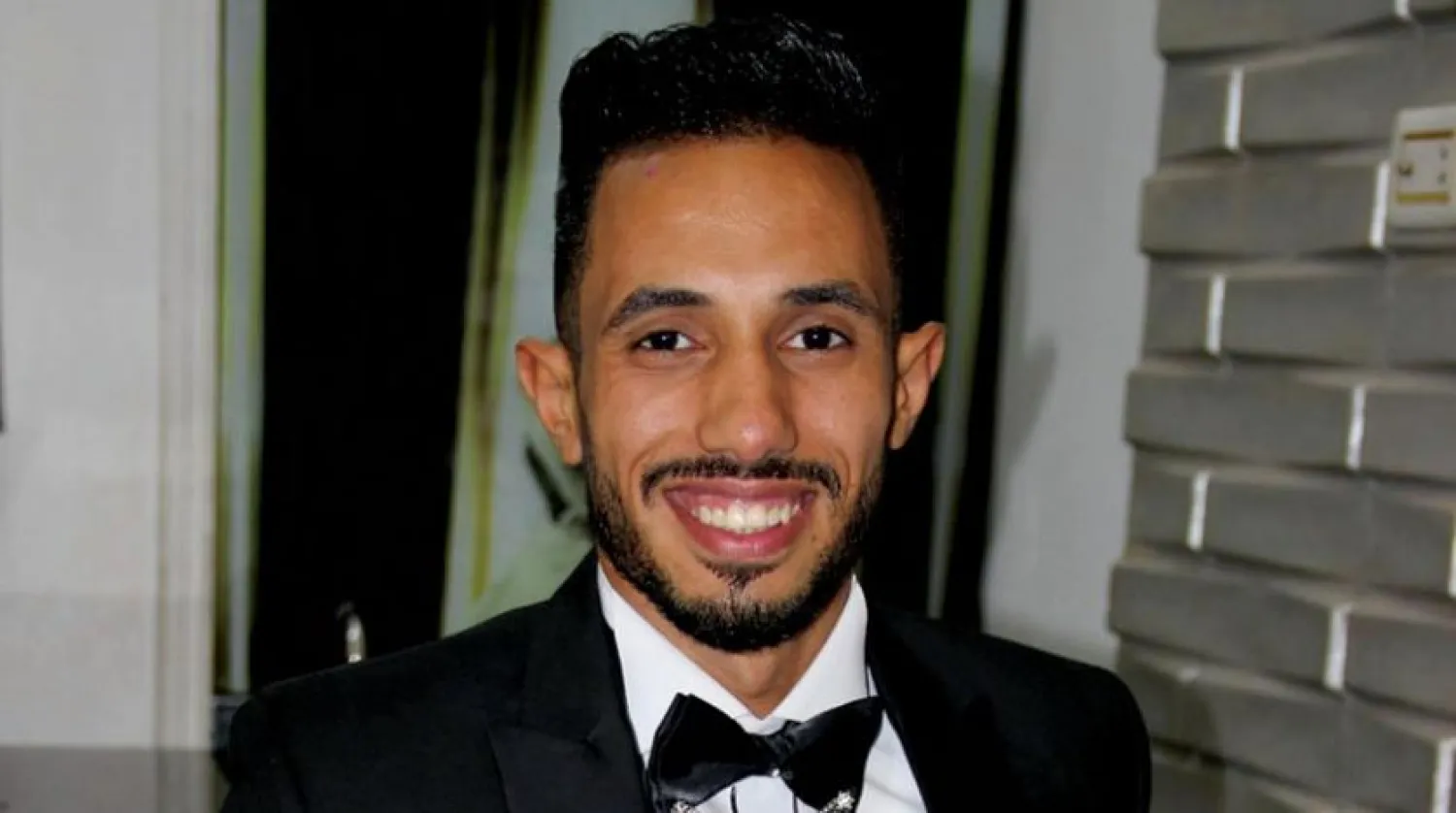Sayyed Nasser, a young Egyptian, is one of the 48 members of his family who tested positive for coronavirus. His journey towards recovery, however, did not end upon his discharge from the hospital, but will extend to another 14 days he will spend quarantined at home.
His mother was also discharged on Monday and will also spend 14 days in self-isolation.
Nasser, who works at a private company, says that despite returning home, his life has not returned to normal. He and his family live in fear even after being discharged from the hospital and despite knowing that the virus could affect anyone.
“I haven’t returned to work and I am spending quarantine with my mother,” he told Asharq Al-Awsat.
Nasser’s story with the coronavirus dates back to March 27, when one of his uncles showed symptoms but was initially misdiagnosed. After a few trips to the hospital, and getting much worse, his uncle received the proper diagnosis.
Four hours after knowing that his uncle had the coronavirus, symptoms began to show on his grandmother who died shortly after being diagnosed herself.
Nasser, who is in his 30s, did not receive the news of her passing very well. What was harsher was the burial processes, whereby locals refused to have her buried in the neighborhood cemetery, fearing the body may be contagious.
Eventually, the Nasser family was able to bury her in one of the Gharbia governorate cemeteries.
The family’s sorrow did not end with the grandmother’s death. Soon after, the coronavirus claimed the lives of two of Nasser’s uncles and had infected 48 members of the family, including children and pregnant women.
But the virus was not severe for all of Nasser’s family. According to him, 90 percent of his relatives did not show any symptoms and only suffered the wait for test results to reveal whether they had the virus or not.









